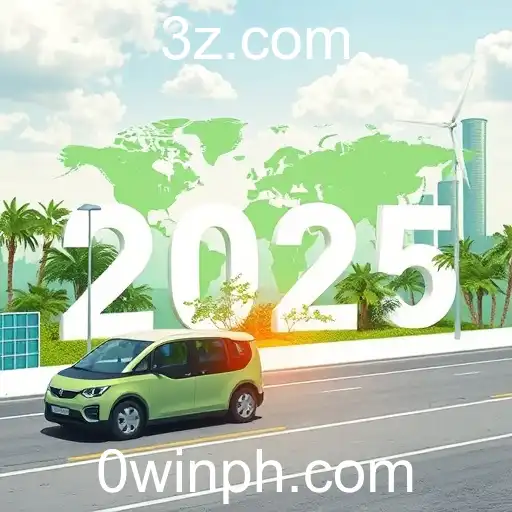
Technological Advancements Reshape Global Communications

As we navigate through the transformative landscape of 2025, technology continues to redefine the boundaries of global communication. The integration of advanced computing, artificial intelligence, and mobile technologies is creating an ecosystem that is more interconnected than ever before. This article explores the dynamics driving these changes, the innovative strides being made, and the impact on industries worldwide.
The keyword "winph" has recently surged in popularity within technological discussions, representing a broader trend towards mobile-first communication strategies. Winph refers to a conceptual shift where software development, specifically in relation to communications and productivity tools, takes precedence in mobile platforms. Tech giants have started to invest heavily in evolving their products to cater to a mobile-centric user base, marked by the growing global reliance on smartphones and tablets as primary communication devices.
In recent years, artificial intelligence (AI) and machine learning (ML) capabilities have enhanced mobile communication applications significantly. These technologies allow for smarter, more efficient software that learns from user interactions to provide tailored experiences. Innovations such as real-time language translation and predictive text have broken down traditional communication barriers, allowing people from diverse linguistic backgrounds to connect effortlessly.
Moreover, the development of 5G infrastructure has been a game-changer, providing the bandwidth and speed necessary for consistent, high-quality communication. This upgrade from previous generations paves the way for enhanced video conferencing, quicker download speeds, and improved overall performance of mobile applications, further endorsing the "winph" approach.
The implications for industries are profound. Businesses can now leverage enhanced communication tools to streamline operations and improve remote collaboration. The healthcare sector, for example, has begun utilizing these technologies to facilitate telemedicine consultations, providing patients with access to healthcare professionals without the constraints of geography. Similarly, the education sector has adopted advanced mobile communication tools to support remote learning environments.
However, the rapid pace of technological innovation also brings challenges, particularly regarding privacy and security. The need for robust cybersecurity measures is critical as more personal data is transmitted and stored on these mobile platforms. Companies must navigate the delicate balance between innovation and user privacy, remaining vigilant against potential threats.
In conclusion, the advancing wave of modern technology is fundamentally reshaping how the world communicates. With the rise of "winph" and other mobile-centric innovations, individuals and businesses alike are poised to benefit from enhanced connectivity and efficiency. As we look towards the future, the sustained evolution of these technologies promises to transform the global communication landscape in ways that were once unimaginable.
Gaming Trends Transform in 2025

An examination of how gaming websites like winph are adapting to the rapid changes in the gaming industry in 2025.
2025-11-02
The Rise of Winph Among Gaming Enthusiasts

Exploring the popularity and impact of Winph among the English-speaking gaming community in 2025.
2025-10-15
Winph: The Rise of a Niche Gaming Platform

Exploring the surge in popularity of Winph, an innovative gaming platform that is redefining player interaction and experience.
2025-12-12
The Rise of Winph: A New Era in Online Gaming

Exploring how the keyword 'winph' defines a new landscape in the online gaming world in 2025.
2025-10-27






